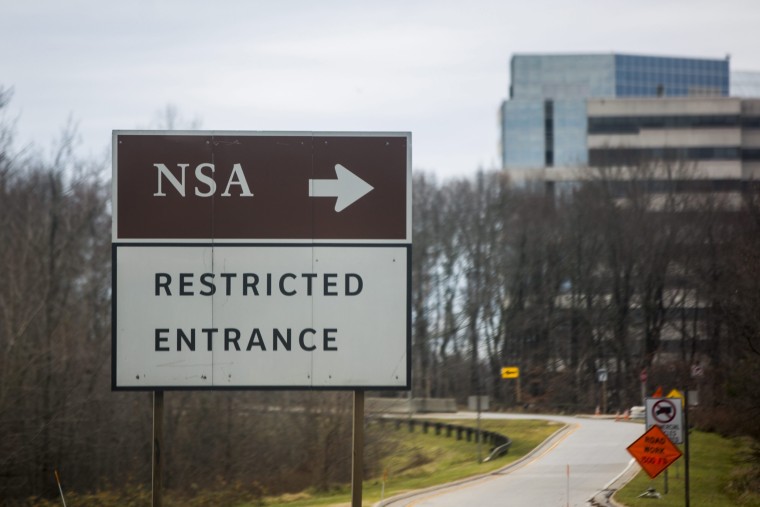A federal judge in New York on Friday ruled that the National Security Agency's program that is systematically keeping phone records of all Americans is lawful, creating a conflict among lower courts and increasing the likelihood that the issue will be resolved by the Supreme Court. In the ruling, Judge William H. Pauley III, of the United States District Court for the Southern District of New York, granted a motion filed by the federal government to dismiss a challenge to the program brought by the American Civil Liberties Union, which had tried to halt the program. Judge Pauley said that protections under the Fourth Amendment do not apply to records held by third parties, like phone companies. "This blunt tool only works because it collects everything," Judge Pauley said in the ruling.
Judge backs NSA phone surveillance
Last week, a court ruled against the NSA's metadata program. Today, a different federal court reached the exact opposite conclusion.

Just last week, a federal judge ruled that the NSA's program of gathering data on all domestic telephone calls is unconstitutional. "I cannot imagine a more 'indiscriminate' and 'arbitrary invasion' than this systematic and high-tech collection and retention of personal data on virtually every single citizen for purposes of querying it and analyzing it without judicial approval," Judge Richard Leon concluded.
Today, in a separate case, a different federal district court judge reached the exact opposite conclusion.
The entirety of the 54-page ruling is online here (pdf). The case was brought by the ACLU.
Pauley, in case you're curious, was nominated to the federal bench by President Clinton, while Leon, who ruled against the NSA last week, was a nominee of President George W. Bush.
NBC News' report added that Pauley seems wholly persuaded by 9/11-related arguments. "The government learned from its mistake and adapted to confront a new enemy: a terror network capable of orchestrating attacks across the world. It launched a number of counter-measures, including a bulk telephony metadata collection program -- a wide net that could find and isolate gossamer contacts among suspected terrorists in an ocean of seemingly disconnected data," he said.
But what about the question of whether the NSA's metadata program actually makes any difference when it comes to preventing violent attacks? At a distance, it seems the two federal district court judges scrutinized competing versions of reality -- as Adam Serwer noted, Leon said in his ruling he has "serious doubts" about the efficacy of NSA data gathering, while Pauley insists the effectiveness of the metadata program "cannot be seriously disputed."
For what it's worth, because the former agreed to a stay, the metadata-collection program continues as the dispute works its way through the appeals process.
Update: Serwer's full piece is now online, including an interesting catch about today's ruling taking not-so-subtle shots at Edward Snowden and last week's ruling.